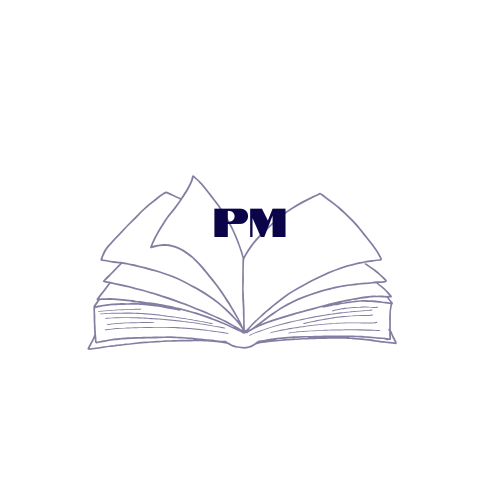As industries evolve, so do project management methodologies. Traditional frameworks like Waterfall and Agile continue to dominate, but new and hybrid approaches are emerging to address modern project complexities. This guide explores the latest project management methodologies that are gaining traction and how they can enhance efficiency and adaptability in various industries.
1. Why Emerging Project Management Methodologies Matter
Project management methodologies are constantly evolving to meet the demands of dynamic work environments. New methodologies aim to:
- Increase efficiency and flexibility.
- Improve collaboration across teams.
- Reduce risks and enhance stakeholder satisfaction.
- Integrate emerging technologies like AI and automation.
Understanding new methodologies helps project managers stay competitive and deliver successful outcomes.
2. Hybrid Project Management
Hybrid project management combines elements of traditional and Agile methodologies, allowing teams to adapt based on project needs.
Key Features:
- Flexibility: Teams can switch between Agile sprints and structured planning.
- Customization: Organizations tailor the approach to fit their industry and project scope.
- Balance: Ensures efficiency while allowing iterative improvements.
Best for: Organizations transitioning from Waterfall to Agile or managing diverse project types.
3. Lean Project Management
Inspired by Lean manufacturing, this methodology focuses on minimizing waste and maximizing value.
Key Features:
- Eliminates Non-Value-Adding Activities: Focuses on efficiency.
- Continuous Improvement: Encourages iterative refinements.
- Optimized Resource Utilization: Reduces cost and effort.
Best for: Manufacturing, healthcare, and startups looking to streamline processes.
4. Adaptive Project Framework (APF)
APF allows teams to respond to changing requirements by continuously adjusting project scope and deliverables.
Key Features:
- Incremental Execution: Projects are broken into smaller cycles for flexibility.
- Client Collaboration: Prioritizes stakeholder input throughout the process.
- Continuous Learning: Lessons from each cycle inform future phases.
Best for: Projects with high levels of uncertainty or frequent scope changes.
5. Extreme Project Management (XPM)
XPM is designed for highly complex, unpredictable projects where standard methodologies may not apply.
Key Features:
- Nonlinear Approach: Adjusts dynamically to evolving circumstances.
- High Adaptability: Works well for innovative or experimental projects.
- Strong Stakeholder Engagement: Constant interaction with key players.
Best for: Research and development, product innovation, and high-risk projects.
6. Disciplined Agile Delivery (DAD)
DAD is a scalable Agile framework that incorporates multiple Agile practices to provide structure and flexibility.
Key Features:
- Process Tailoring: Teams can select practices from Scrum, Kanban, and Lean.
- Enterprise-Level Agility: Suitable for large organizations adopting Agile.
- Focus on Governance: Ensures compliance and strategic alignment.
Best for: Enterprises looking to implement Agile at scale.
7. Integrated Project Delivery (IPD)
IPD is a collaborative approach that emphasizes teamwork and shared risks and rewards among project stakeholders.
Key Features:
- Early Stakeholder Involvement: Ensures alignment from the start.
- Shared Accountability: Encourages transparency and collaboration.
- Optimized Workflows: Reduces inefficiencies through joint decision-making.
Best for: Construction, engineering, and infrastructure projects requiring high levels of coordination.
8. AI-Driven Project Management
Artificial intelligence (AI) is transforming project management by automating tasks and enhancing decision-making.
Key Features:
- Predictive Analytics: Identifies risks and project trends.
- Task Automation: Reduces manual workload and improves efficiency.
- Data-Driven Insights: Enhances decision-making with real-time data.
Best for: Tech-driven organizations and data-intensive projects.
Emerging project management methodologies offer new ways to improve efficiency, flexibility, and collaboration. Whether you’re in IT, construction, healthcare, or manufacturing, adopting the right methodology can drive project success. Stay ahead of industry trends by exploring emerging project management methodologies and integrating innovative approaches into your workflow.

Leave a Reply